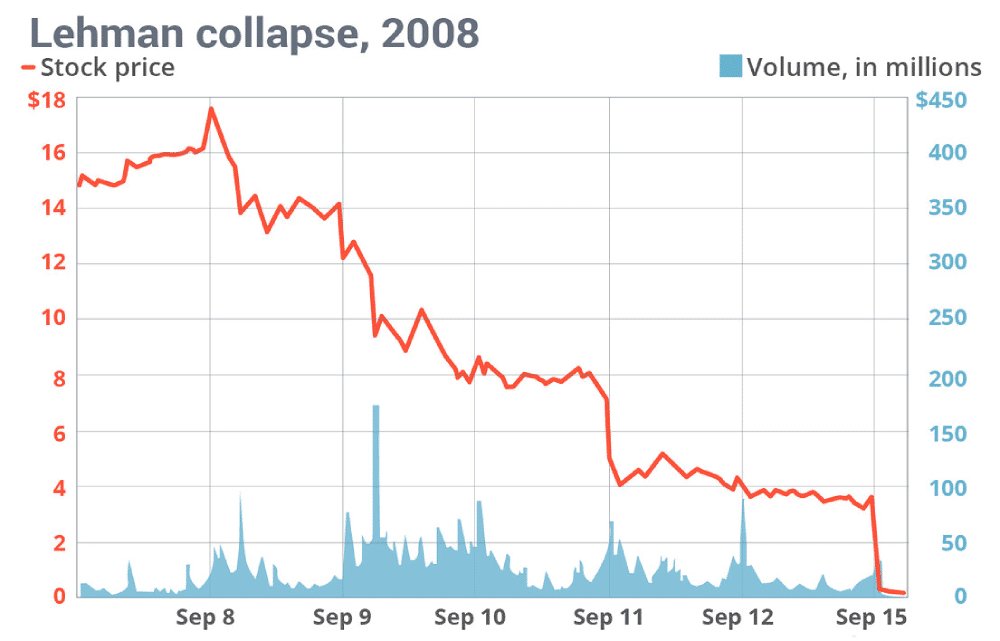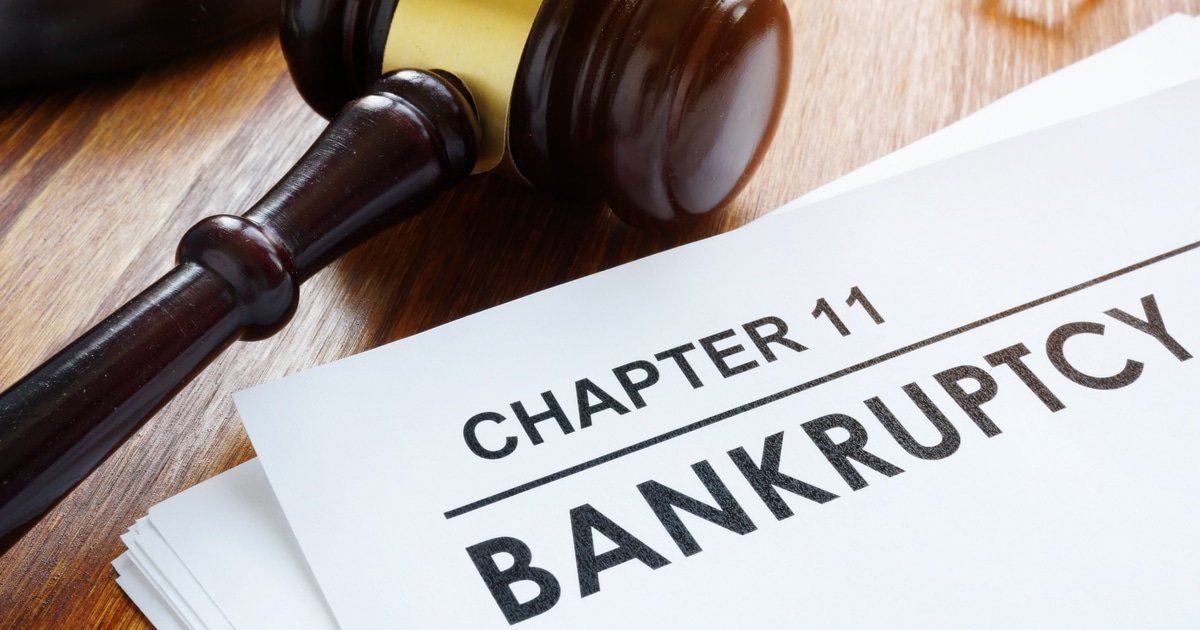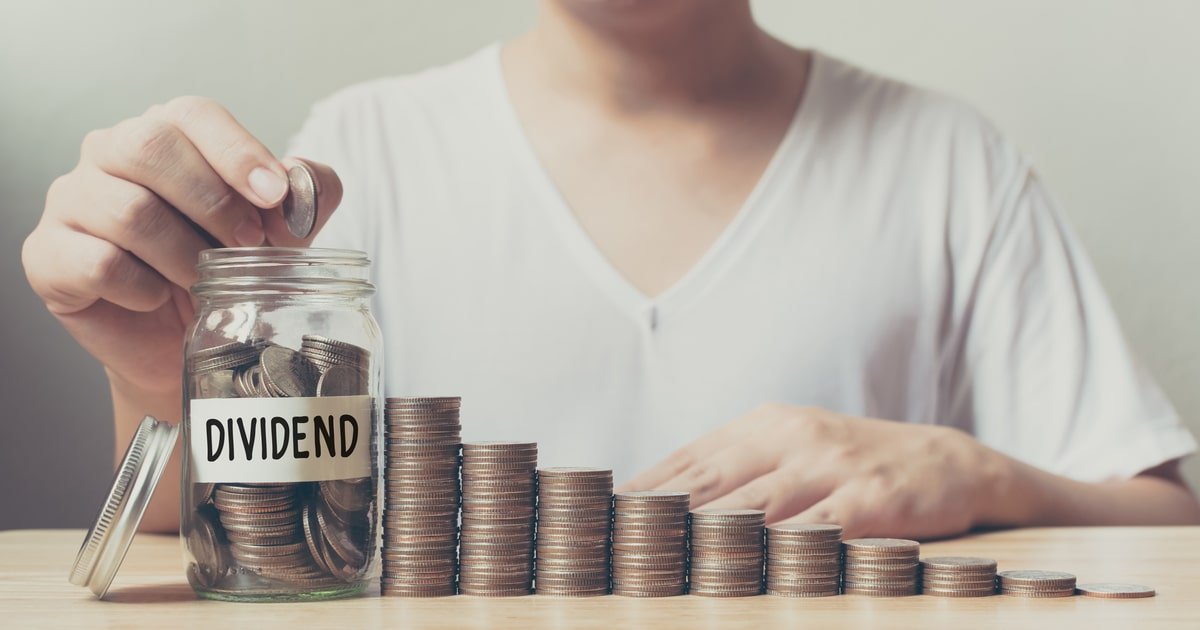What Happens to Your Stock When a Company Goes Bankrupt?

If you own stock in a company that goes bankrupt, you will probably lose your entire investment.
When a company files for bankruptcy, common stock owners are last in the order of who gets paid.
This is the order of priority of the claims on the company's assets:
- Secured creditors, such as banks
- Unsecured creditors, such as bondholders
- Preferred shareholders
- Common shareholders
If the company is forced to liquidate and sell all assets to pay its debts, then the other creditors have a higher priority in getting paid. Common shareholders don't receive anything unless the others are paid in full and there is money left to spare.
In addition, the bankruptcy process can take years. So even if you were entitled to a small payout, you might have to wait a very long time to get it.
What happens to the stock?
Usually, a company that has a high risk of bankruptcy has already seen massive declines in its stock price before the actual bankruptcy filing is confirmed.
That's because the stock market has observed that the company is in financial distress and the risk of bankruptcy becomes priced into the stock price.
As soon as the bankruptcy gets filed and the news reaches the market, the stock price will decline to zero (or maybe a few pennies per share).
It will also be delisted from the stock exchange, but it may be traded over the counter as a penny stock with a "Q" at the end of its ticker symbol.
Here's how the stock of Lehman Brothers tanked in the final week before it declared Chapter 11 bankruptcy on September 15, 2008:

Source: MarketWatch.com
As you can see, the stock price had already suffered greatly because the market knew that the company was at risk. But when they actually filed for bankruptcy, the stock immediately declined to near zero.
So, if you own stock in a company that files for bankruptcy, then your investment will be wiped out.
The stock may remain in your brokerage account with a new stock ticker symbol and a value of zero or several pennies.
Your broker can also remove the stocks from your account, but you may need to contact them and fill out a form for it to get done.
The bankruptcy process
Corporate bankruptcy is a complicated legal process that involves a bankruptcy court and often many years of litigation.
A company files for bankruptcy if it doesn't have enough cash flow or assets to pay its financial obligations.
In the U.S., there are two main types of corporate bankruptcy:
- Chapter 11: The company will continue to operate, but it will be restructured and attempt to renegotiate its debts.
- Chapter 7: The company stops operating and its assets are liquidated for cash, which is then paid to creditors in order of priority.
Companies that have a chance of being viable will start with Chapter 11, but this sometimes fails and causes the company to go into Chapter 7 bankruptcy (liquidation).
Even if a Chapter 11 bankruptcy becomes successful and the company is able to remain in business, this does not guarantee that shareholders will receive anything.
In many cases, the company will issue a new class of stock that will be owned by the creditors. This causes the original shares to be canceled, so the owners of those shares still lose everything.
However, in some cases, the original shareholders will be given stock in the newly organized business and end up making some of their money back. This is the exception rather than the rule.
The takeaway
To sum up, this is what happens if a company goes bankrupt:
- The stock price usually declines months in advance as the market sees that the business is struggling.
- When the company officially files for bankruptcy, the stock price tanks to zero or several pennies.
- The stock gets delisted, but may trade over the counter with a "Q" at the end of the ticker symbol.
- Even if the company manages to successfully navigate Chapter 11 bankruptcy and emerge as a viable business again, owners of the original shares usually get nothing.
If you are a beginner investor, you should probably stay away from the stocks of companies with a high risk of going bankrupt.
If the company files for bankruptcy, then your stock will go down to zero or several pennies per share. The chances of making a profit are almost none.
And you will probably not be paid anything because common shareholders are last in the order of priority when the company's assets are liquidated.





